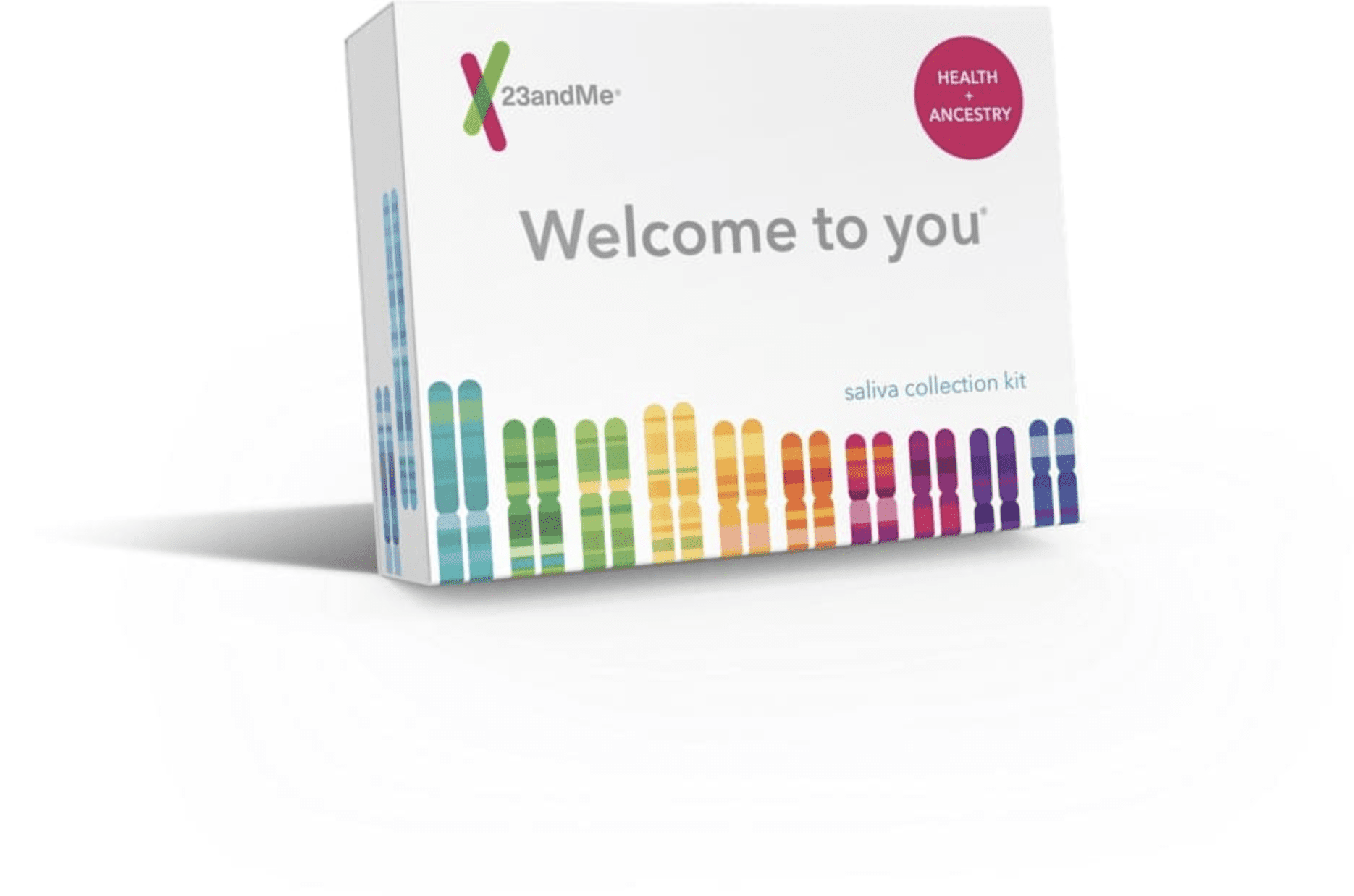Let's talk aboutCanavan Disease
What is Canavan disease?
Canavan disease, also known as ASPA deficiency, is a rare genetic disorder characterized by a loss of nerve cell function in the brain that gets worse over time. A person must have two variants in the ASPA gene, or two copies of a variant, in order to have this condition. People with just one variant in the ASPA gene are called carriers. They’re not expected to have Canavan disease themselves, but they could pass their variant on to their future children.
Is Canavan disease genetic?
Yes, Canavan disease is a genetic condition. Canavan disease is caused by variants in the ASPA gene. The ASPA gene contains instructions for making an enzyme that breaks down a particular compound in the brain (called N-acetyl-L-aspartic acid, or NAA). Certain variants in the ASPA gene disrupt this breakdown and result in the harmful buildup of NAA in the brain. This buildup leads to a loss of myelin, a protective nerve covering that’s important for nerve function.
What are the symptoms of Canavan disease?
Symptoms of Canavan disease typically develop during infancy. Signs and symptoms include developmental disability, gradual loss of muscle tone, seizures, and difficulty swallowing.
Did you know?
Canavan disease is most common in people of Ashkenazi Jewish descent.
Explore more
The 23andMe Canavan Disease Carrier Status report* can tell you whether you may be a carrier for Canavan disease. Being a carrier means you have a genetic variant that you could pass down to your future children. 23andMe tests for three variants in the ASPA gene linked to Canavan disease deficiency. 23andMe does not test for all possible genetic variants linked to Canavan disease, and individuals who have zero variants detected still have a chance of being a carrier for Canavan disease.
The Canavan Disease Carrier Status report is included in the 23andMe Health + Ancestry Service.

Health + Ancestry Service
*The 23andMe PGS test uses qualitative genotyping to detect select clinically relevant variants in the genomic DNA of adults for the purpose of reporting carrier status and reporting and interpreting genetic health risks. The relevance of each report may vary based on ethnicity. Our carrier status reports can be used to determine carrier status, but cannot determine if you have two copies of any genetic variant. These carrier reports are not intended to tell you anything about your risk for developing a disease in the future or anything about the health of your fetus, or your newborn child’s risk of developing a particular disease later in life. For certain conditions, we provide a single report that includes information on both carrier status and genetic health risk. The Canavan Disease Carrier Status report is indicated for the detection of three variants in the ASPA gene and is most relevant for people of Ashkenazi Jewish descent. For important information and limitations regarding each carrier status report, visit https://www.23andme.com/test-info.
References
Matalon R et al. (1999). “Canavan Disease.” [Updated 2011 Aug 11].